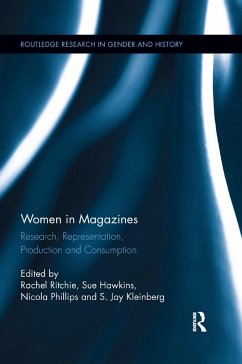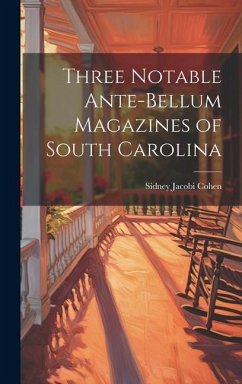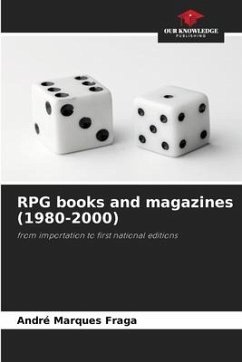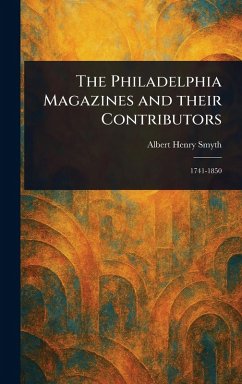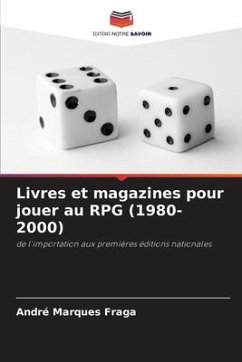
Women in Magazines
Research, Representation, Production and Consumption
Herausgeber: Ritchie, Rachel; Phillips, Nicola; Hawkins, Sue
Versandkostenfrei!
Versandfertig in 1-2 Wochen
190,99 €
inkl. MwSt.
Weitere Ausgaben:

PAYBACK Punkte
95 °P sammeln!
Women have been important contributors to and readers of magazines since the development of the periodical press in the 19th century. By the mid-20th century, millions read the weeklies and monthlies that focused on the home, family and appearance. These publications have been criticized as conservative, even regressive in their treatment of gender norms and ideals. This perspective obscures the heterogeneity of the magazine industry itself and women's experiences of it, both as readers and as journalists. This collection highlights the differing, and at times contradictory, images and underst...
Women have been important contributors to and readers of magazines since the development of the periodical press in the 19th century. By the mid-20th century, millions read the weeklies and monthlies that focused on the home, family and appearance. These publications have been criticized as conservative, even regressive in their treatment of gender norms and ideals. This perspective obscures the heterogeneity of the magazine industry itself and women's experiences of it, both as readers and as journalists. This collection highlights the differing, and at times contradictory, images and understandings of women in a range of magazines, from the 19th century to the present.





